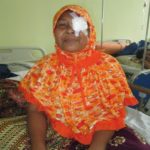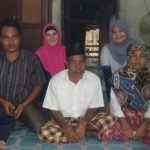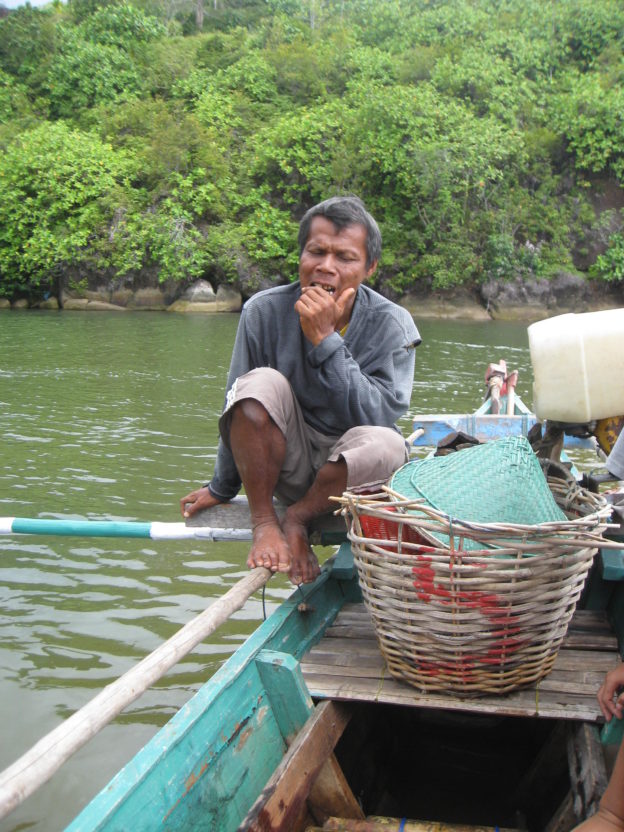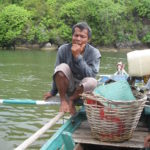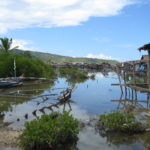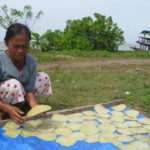Eye problems are a very common problem in the Riau villages where SEEDS workers are working alongside national nurses. Men and women work long hours in the field and their eyes are not protected against the sun. Roads are usually very dusty and the water is not very clean. These are all risks for potential eye irritation or damage. By giving health education we explain the risks of using dirty water and working in the full sun with eyes unprotected.
As people grow older their eyesight usually reduces. There are quite a few people who develop cataracts. One of these people is pak Ruslan. He wasn’t able to work for a few years because of his bad eyesight caused by cataracts. Pak Ruslan’s economic situation is not very good. He has been to the hospital previously but wasn’t able to pay for the surgery he needed for the cataract.
SEEDS was able to help Pak Ruslan to apply for the free health insurance scheme and to help him with some other administration that needed to be done before he could get the surgery. Then SEEDS helped him to get admitted and he was able to get the surgery. Six months later his eye sight has improved a lot and he is able to work on the land again, which helps to provide financially for his family.
Other people in the village are very encouraged that Pak Ruslan can see clearly again and is able to work again. So now other people in the village with cataracts feel braver to have their eyes checked and are willing to go through surgery in order to get better eyesight again



